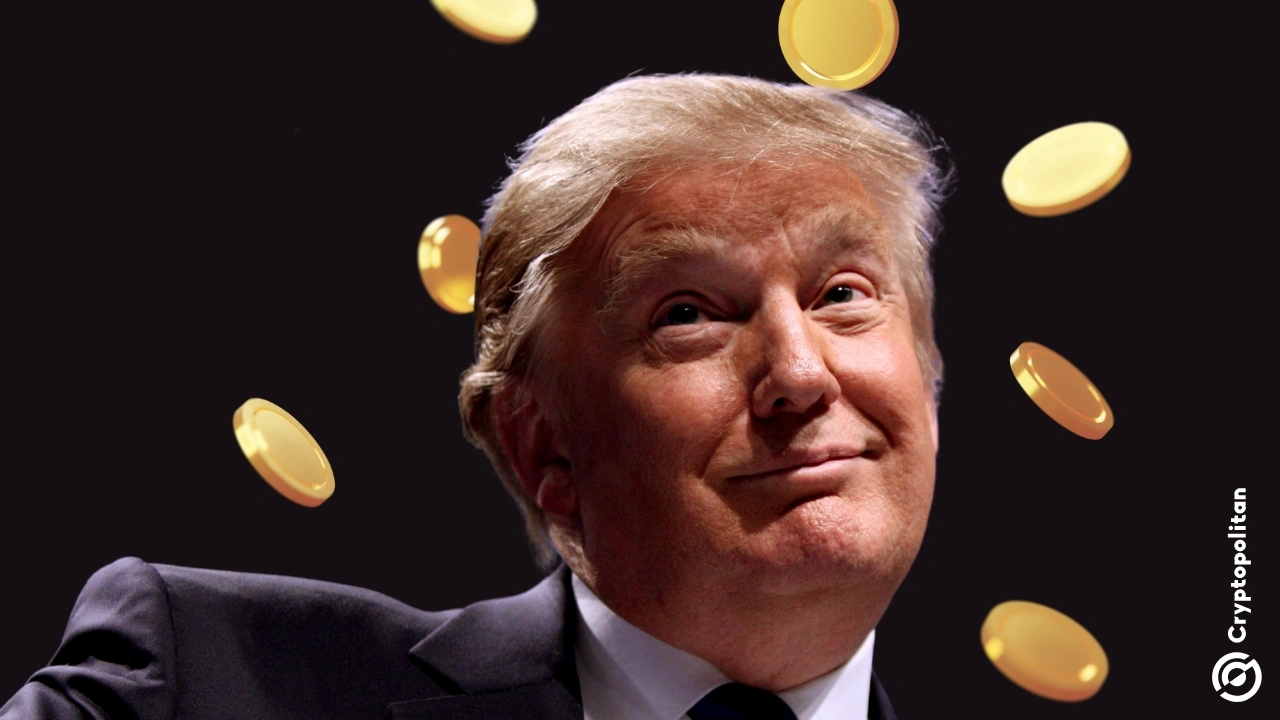The new Trump era blurs the lines between crypto, banks, and fintech

Cryptocurrency companies and leading U.S. banks are apparently joining forces during the initial days of President Donald Trump’s second term, as he has facilitated breaking down barriers that once separated digital currencies from conventional financial systems.
President Trump's pledges to transform the U.S. into the "cryptocurrency hub of the globe" have spurred conventional financial entities to pursue permissions for providing cryptocurrency services.
The recent change in leadership has reversed multiple cryptocurrency restrictions imposed by various financial authorities such as the Federal Reserve, Securities and Exchange Commission (SEC), and the Office of the Comptroller of the Currency (OCC). Additionally, this shift mirrors what could be seen as a 'Trump 2.0' approach, facilitating greater opportunities for crypto-related entities to seek approval for federal banking licenses.
Trump declares open season for crypto and banking
Romero.my.id reported Last month, the OCC revoked a mandate from the Biden administration that required banks to get "supervisory non-objection" before working with cryptocurrencies.
“ It was clearly a significant hindrance to being able to undertake anything innovative. According to Adam Shapiro, co-founder of Klaros Group, he mentioned that trustworthy applications for bank charters from cryptocurrency companies now have a significantly higher likelihood of being approved.
Circle, Coinbase Global, Bitgo, and Paxos are some entities aiming to capitalize on the more favorable regulatory environment. Each reportedly is either seriously contemplating or already in the midst of seeking US banking licenses. Nonetheless, a representative from Coinbase stated that the firm hasn’t yet reached a definitive choice on this matter.
“ This places management of entry and exit ramps into the hands of cryptocurrency companies themselves. ” said Shapiro.
Bank of America might introduce a stablecoin.
Several major players on Wall Street are gearing up to introduce their own stablecoins. Bank of America, which has been closely yet cautiously monitoring the cryptocurrency sector, has stated that they would be prepared to roll out a US dollar-pegged digital coin should legislators approve it.
If they legalize that, we'll enter that industry," stated Bank of America CEO Brian Moynihan during an interview on February 26 in Washington, D.C. He contended that a stablecoin backed entirely by dollars would operate similarly to a money market fund and believes these types of products are unavoidable.
“ It's quite evident that there will be a stablecoin, backed entirely by the U.S. dollar. This means you'll have something akin to a Bank of America coin and a US Dollar deposit, allowing us to transfer between them freely since currently, such actions aren't permitted—but they're essentially functioning as another form of foreign currency. ,” Moynihan concluded .
Other companies such as Standard Chartered, PayPal, Stripe, and Fidelity Investments are also developing stablecoin infrastructure. On February 4, through a press statement, Stripe revealed that it had acquired the stablecoin platform Bridge and is currently piloting stablecoin transactions in regions beyond the US, UK, and EU. announced It would provide a 3.7% yearly return to users holding its PYUSD stablecoin on Venmo.
Conventional financial institutions reconsider cryptocurrency risks
Julian Sawyer, CEO of Zodia, which is Standard Chartered’s cryptocurrency custodial service, notes that the demand from U.S. financial institutions has increased during what he refers to as "Trump 2.0."
“ Ever since Trump took office, our communication with U.S. institutions has significantly increased. Sawyer deduced in a recent interview .
An unnamed leader from a licensed cryptocurrency firm disclosed that they had encounters with representatives from Morgan Stanley during the first few weeks of 2025 to talk about potential collaboration. This founder emphasized that financial institutions are now attempting to close the gap with crypto companies following almost ten years of hesitation.
“ Six months back, nobody would've imagined that we'd reach this point, yet here we are. ." The CEO of BitGo, Belshe, stated.
Post a Comment for "The new Trump era blurs the lines between crypto, banks, and fintech"